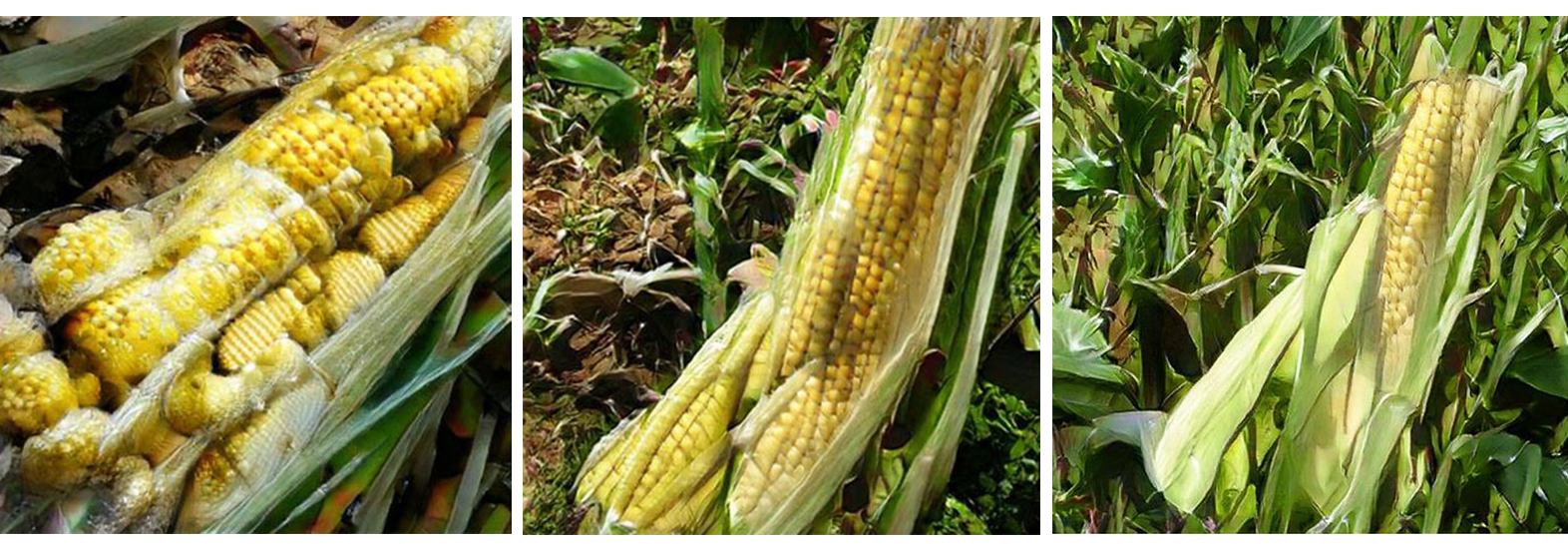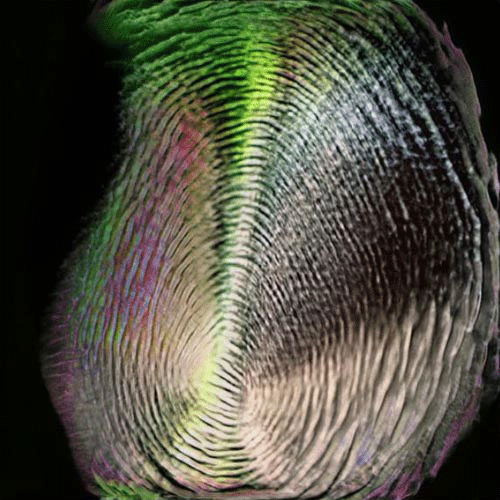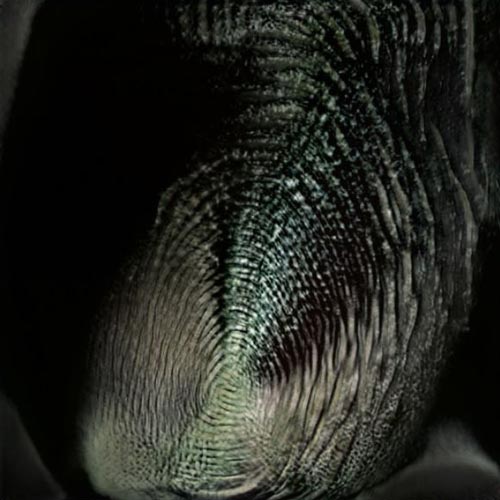About dogs
The dog or domestic dog (Canis familiaris or Canis lupus familiaris) is a descendant of the wolf. It is believed that the dog was the first animal species to be domesticated by hunter-gatherers more than 15,000 years ago, before the development of agriculture.Because of their long association with humans, dogs have evolved into a variety of dog breeds.
Dog have also acquired during this time the ability to cope with a starchy diet that would be inadequate for other canids.
But a bone remains a bone.

About the "we"
and how this "we" is constantly changing
1. The game of the active intolerance
They say that
dreams can be sources of inspiration
that motivate us to change the
circumstances of our lives. Similarly,
storytelling and other approaches to
narrative forms provide opportunities to
examine and influence reality.
However, it is also said that the
individual is always already involved in
social contexts of thought, speech and
action.
Only here, in these contexts,
does the individual become a subject at
all. Can dreams even assert themselves
against this subjectification?
2. The dream of power
The dream of power is first of all the dream of a self-determined life.
Michel
Foucault developed a
concept of power in his theory and
analysis of discourse and the production
of knowledge. Discourse in Foucault's
sense is a "linguistically produced
context of meaning that forces (and
produces) a certain idea. These ideas
are in turn based (and produced) on
certain power structures and interests.
For Foucault,
the individual is neither a product of
the Enlightenment nor the subject of
autonomous economic action. The subject
in Foucault's theory is in fact the
object and product of a knowledge/power
relationship.
The human being is
already
"in
itself the result of a subjection"
.
Someone else once said: Power is the term for a "complex strategic situation".
Within Foucault's theory of power, there can be no outside of power. This means that social movements and social struggles always move within power relations: "Where there is power, there is resistance. And yet, or rather because of this, resistance is never outside of power. Resistance, indignation, the desire for change of the individual is in this sense a part of power. This is a trap.
...riders on the storm - riders on the
storm - into this house we're born -
into this world we're thrown
like a dog without a bone - an actor out
on loan - riders on the storm...
A small interruption. Here comes a note on the use of "we" in this work
Who can one mean when one writes "we". Here, too, a clear assignment/description is not possible. There are so many possibilities of identity. This "we" used here can only be an offer of "fraternisation" - and probably this concept of fraternisation must no longer exist. But how does one describe the process of attachment - and what is still binding today? And with whom?We - that is at least everyone who at least has access to the internet and a computer and can afford the time and interest to read this article. "We" - these are all those who know terms and their discourse used here. "We" - that is all those who can order a caramel-flavoured latte macchiato at least somewhere nearby. "We" - that is the bad conscience and the need to think about the realisation and enforcement of resistance.

3. The power of powerlessness
It is the individualisation of all conditions - of life, of work, of unhappiness, that alienates and disempowers us. A powerful form of action is omission. Doing nothing becomes the most important act.
"We
call on you to refrain from doing
anything in your power!"
Bazon Brock
, fluxus artist, Germany
(Quote from Action: Civilising Cultures,
2006-2009)
"Diffuse
schizophrenia. Creeping depression.
Atomisation into fine paranoid
particles. Hysterisation of contact. The
more I want to be me, the more I have a
feeling of emptiness. The more I express
myself, the more I dry up. The more I
run after myself, the more exhausted I
am. I run, you run, we run our "I" like
a busy switch. We have become the agents
of ourselves - this strange trade, the
guarantors of a personalisation that
ultimately resembles an amputation. In
more or less hidden clumsiness, we make
it to bankruptcy.
Until that happens,
I manage, I get it done."
Excerpt from
The
invisible committee ,
The Coming
Insurrection
4. This is the crisis of one's own paradigms
Our lives
cannot go on as before, but we do not
know what is coming. The confluence
of these ecological, geopolitical and
democratic crises is disturbing and
frightening. Because we see these crises
as one big Gordian knot - we see the
crisis as a whole.
Of course, one
is powerless against it the whole thing.
So it would be advisable to tackle the
things that directly affect you.
Make the small, individual decisions.
The right ones ;)
An what if our thinking were receptive to complex temporal entanglements and interdependencies? In this temporality, imagination and change would each be essential components of a present that would no longer be hindered by the inert debris of the past, but where the knowledge of the past could instead live on in the now through adaptations and incorporations.
It is important to realise: We are the
riders of the storm. We, the eager
consumers chasing the dreams of others.
This individual overconsumption, the
search for one's own "I", the alienation
of society and now the realisation that
the individual contributes to the whole
- this has made the image of the distant
rider disappear.
Now we have to live
with the dashcam.
There are more pages:
- The community of Coyomeapan
- I have to change my life
- Riding the storm (introduction 1)
- The world (introduction 2)
- The comfort zone (introduction 3)
-
The
fetish in the spectale
- The term information pathology
- The private view

